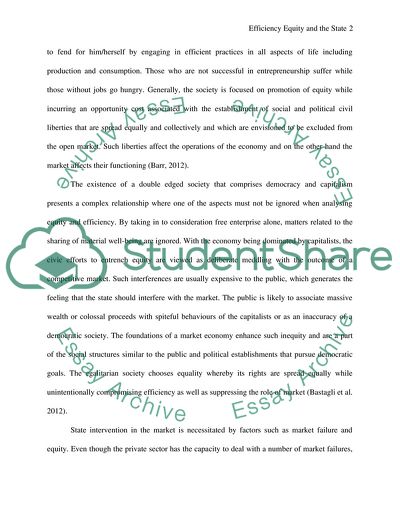Cite this document
(Efficiency is Best Left to the Market Case Study, n.d.)
Efficiency is Best Left to the Market Case Study. Retrieved from https://studentshare.org/macro-microeconomics/1861460-efficiency-is-best-left-to-the-market-equity-to-the-state-discuss
Efficiency is Best Left to the Market Case Study. Retrieved from https://studentshare.org/macro-microeconomics/1861460-efficiency-is-best-left-to-the-market-equity-to-the-state-discuss
(Efficiency Is Best Left to the Market Case Study)
Efficiency Is Best Left to the Market Case Study. https://studentshare.org/macro-microeconomics/1861460-efficiency-is-best-left-to-the-market-equity-to-the-state-discuss.
Efficiency Is Best Left to the Market Case Study. https://studentshare.org/macro-microeconomics/1861460-efficiency-is-best-left-to-the-market-equity-to-the-state-discuss.
“Efficiency Is Best Left to the Market Case Study”, n.d. https://studentshare.org/macro-microeconomics/1861460-efficiency-is-best-left-to-the-market-equity-to-the-state-discuss.


